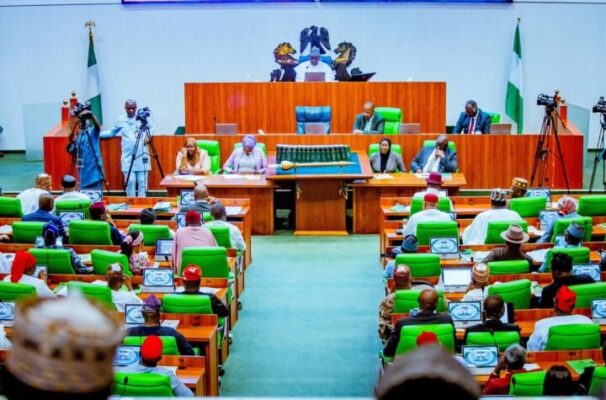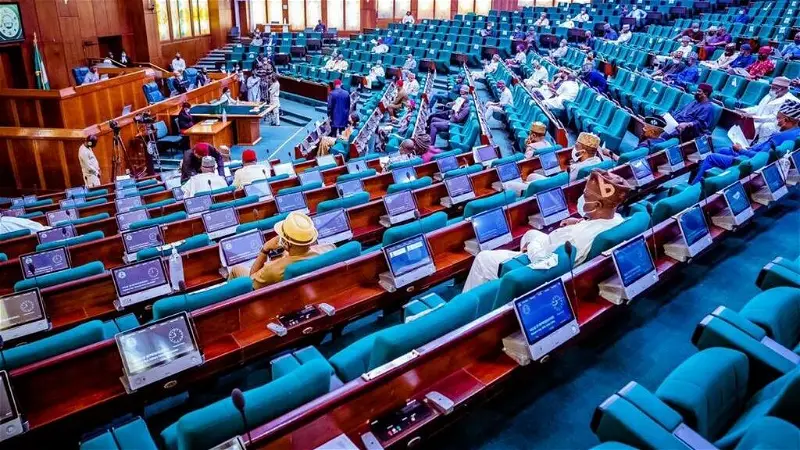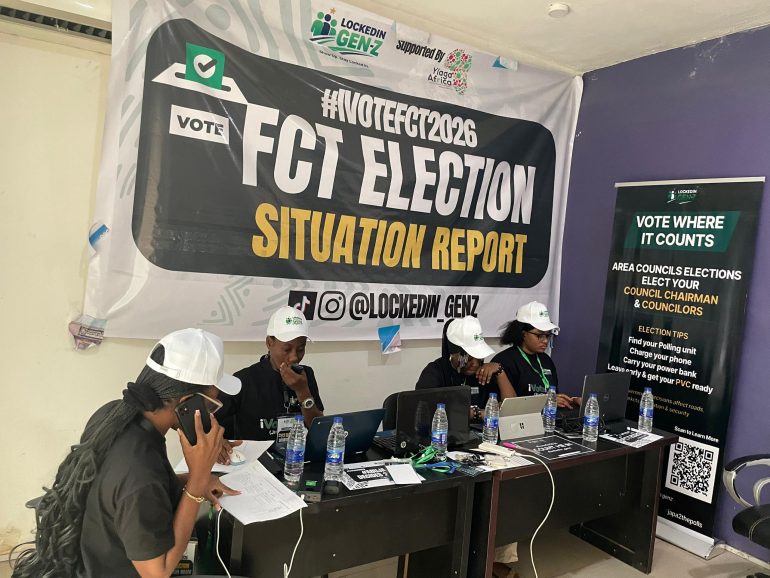Listeners:
Top listeners:
-
play_arrow
104.9FM Best rock music demo
-
play_arrow
Demo Radio Nr.1 For New Music And All The Hits!
-
play_arrow
Demo Radio Techno Top Music Radio
-
 play_arrow
play_arrow
Police Commissioner Launches Weapon and Riot Control Training for FCT Officers Democracy Radio
By Oluwakemi Kindness
The House of Representatives has taken a major step toward ending Nigeria’s long-standing problem of multiple taxation, as lawmakers passed for second reading a bill seeking to clearly define and harmonize the taxation powers of the Federal, State, and Local Governments.
The proposed legislation, sponsored by the Deputy Speaker, Benjamin Kalu, alongside six other lawmakers, aims to bring clarity to Nigeria’s fiscal structure, curb overlapping tax regimes, and stop the unlawful outsourcing of revenue collection to private agents.
Tagged: “A Bill for an Act to alter the Constitution of the Federal Republic of Nigeria, 1999 (as amended), to Clarify the Taxation Powers of the Federal, State, and Local Governments; to Define the Scope of Taxes and Levies Collectible by Each Tier of Government; to Prevent Multiple Taxation and Unlawful Outsourcing of Revenue Collection, and for Related Matters,” the bill seeks to realign revenue authority and ensure transparency across all levels of government.

Leading debate on the bill’s general principles, co-sponsor Joshua Gana said the legislation would “bring order where confusion reigns,” and promote a tax environment that is fair, efficient, and transparent.
“At the heart of this Bill,” Gana stated, “is a simple but transformative goal — to align the revenue powers of the Federation, States, and Local Governments in a way that promotes efficiency, discourages duplication, and restores trust in the fiscal system.”
He lamented the current situation where multiple government agencies impose overlapping taxes and contract private agents to collect revenues, describing it as a major source of corruption, harassment, and revenue leakages.
“The fiscal architecture of our federation has, over time, become congested and conflicting,” he added. “Revenue agencies overlap, creating inefficiencies and disputes over collection rights — as seen in the ongoing controversies around VAT, Stamp Duties, and Personal Income Tax.”
Following extensive deliberation, the bill was passed and referred to the Committee on Constitution Review for further legislative action.
Written by: Toyeebaht Aremu
#Constitution Review #DemocracyRadio #NASS #Reps
Copyright Democracy Radio -2024



